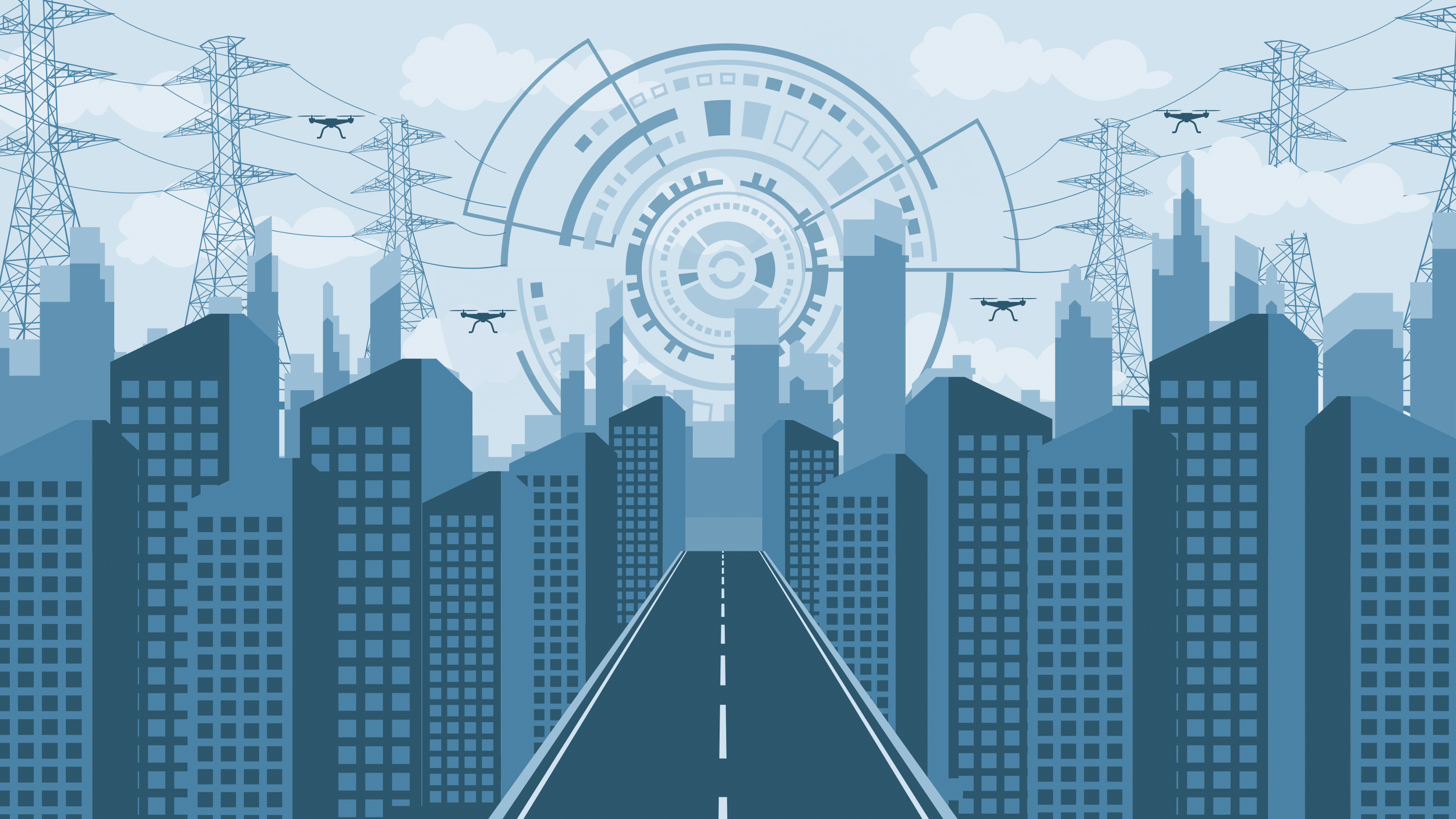Exploring AI’s Alteration of Health and Infrastructure
Transformative Power of AI in Health and Infrastructure
Artificial intelligence (AI) is not just a technological marvel; it is a transformative force reshaping the world at unprecedented speeds. From solving the puzzles of human health to transforming infrastructure management, artificial intelligence has become increasingly essential to innovation. Integration of artificial intelligence presents not only answers but also fresh opportunities for development as businesses and communities struggle with difficult problems. This editorial addresses the issues and ethical questions accompanying this technical development as well as the significant influence of artificial intelligence on productivity and other factors in two important spheres: health and infrastructure.
Revolutionizing Research and Treatment
Integration of artificial intelligence has caused a seismic change in the healthcare industry. By processing and analyzing enormous volumes of data, artificial intelligence is transforming patient care, treatment development, and disease diagnosis. For example, AI-driven models are now more accurate than traditional methods in diagnosing conditions like cancer and diabetes, as highlighted in Nature Medicine. Trained on large datasets, these systems not only spot diseases early on but also modify treatments to fit individual genetic profiles.
One of the most groundbreaking contributions of AI lies in genomics. Platforms like DeepMind's AlphaFold have transformed our understanding of protein structures, solving puzzles that once took years of research. A Science article emphasized how AlphaFold's precise predictions of protein formations accelerate drug development and deepen our understanding of biological mechanisms, opening doors to treatments for previously untreatable diseases.
Still, the quick acceptance of artificial intelligence in healthcare presents several difficulties. Concerns about ethics have surfaced including algorithmic bias and data privacy. Emphasizing the requirement of ethical issues in artificial intelligence deployment to guarantee fair and objective healthcare delivery, World Health Organization (WHO) has produced recommendations. Furthermore, the integration of artificial intelligence systems calls for large infrastructure and training expenses, which can be a challenge for underfunded medical facilities.
Smarter Cities and Resilient Systems
Infrastructure, the backbone of modern society, is undergoing a paradigm shift thanks to AI. Smart grids powered by AI are optimizing energy distribution, balancing supply and demand with unmatched precision. This not only minimizes energy waste but also contributes to sustainability efforts. Predictive maintenance is another area where AI shines, analyzing sensor data from infrastructure systems to forecast and prevent failures before they occur. A report from the International Journal of Engineering highlight the economic benefits of AI-driven predictive maintenance, citing reduced downtime and maintenance costs in sectors like transportation and urban planning.
AI is inspiring creativity in how we use resources and guarantee safety in cities all around. From autonomous systems to traffic flow optimization, the uses are as varied as they are significant.
These developments aside, using artificial intelligence in infrastructure creates difficulties. Particularly in poor areas, the great cost of implementing artificial intelligence technologies might be discouraging. Furthermore, depending so much on artificial intelligence systems begs questions regarding cybersecurity and the possibility of system breakdowns with broad effects. Maintaining public confidence depends on ensuring sure AI applications are open and that decision-making procedures carry responsibility.
The Future
The integration of AI in health and infrastructure is more than an evolution—it is a revolution. In healthcare, AI enhances the precision of diagnoses and the personalization of treatment plans, promising better patient outcomes. In infrastructure, AI fosters efficiency, sustainability, and resilience, shaping cities that are smarter and more adaptive to future challenges.
Still, the quick speed at which artificial intelligence is embraced begs important issues. How can we be sure these technologies complement society values? Which protections must be taken to handle moral issues? These are urgent problems requiring careful discussion as artificial intelligence develops.
Not only is artificial intelligence changing sectors; it is also reinventing the entire foundation of human advancement. Its capacity for creativity, efficiency, and problem-solving for some of the most urgent issues worldwide is unbounded. One thing is abundantly evident as we stand on the border of this technological horizon: one innovation at a time, artificial intelligence is writing the future.


